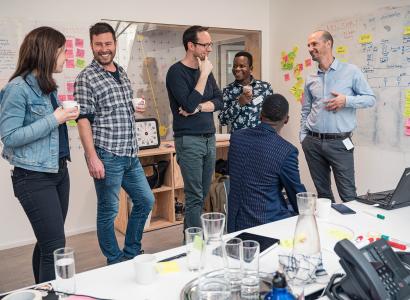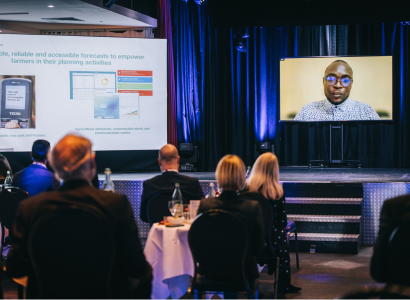At our core, we strive to provide top-tier consulting services to the UN system to promote efficiency, optimization and simplification. We embrace the guidance provided by the UN80 initiative to make the United Nations more coherent, efficient and effective across its pillars and we are guided by UN ethics, principles and legal standards.
UNAA works under a cost-recovery model and leverages UN to UN agreements to facilitate transfers of resources from one UN entity to another to carry out activities.
Promoting Inter-Agency Collaboration across six areas of expertise
The UNAA offers a comprehensive range of management consulting-style services to support the UN in becoming more efficient and innovative. Its diverse team has substantial experience in the UN/NGO and top-tier global management consulting. Collaboration can be offered as full team support managed by the UNAA or as one or more resources managed by the interested agency.
The UNAA promotes inter-agency collaboration through six areas of expertise, these services include:
Support consolidation of activities, resources, & transaction costs to drive cost efficiency
Understand complexities, pain points and inefficiencies in order to simplify activities and increase effectiveness
Expand revenue streams through Innovative Finance mechanisms or private-sector fundraising activities
Drive strategy definition based on best practices & organizational objectives
Perform business case analyses to validate hypothesis and ensure processes are aligned with strategy
Align organizational strategy, vision and action plans according to UN 2.0 Quintet of Change
Assess organizational strengths & weaknesses to align on design principles and shape org. design
Define operating model and identify capabilities to deliver new op. model, while managing change
Perform data collection, validation, cleaning, analysis
Utilize data analysis to generate data-driven insights to empower the organization, enhancing evidence- based decision-making
Define solutions into actionable initiatives to maximize impact and prepare for change
Drive digital / AI transformation to deliver immediate value while building capabilities and adapting to digital world
Set up RDO structure & process to drive projects results with on-time delivery
Ensure prioritization is aligned to strategic objectives and actively manage change
Identify change initiatives, plan implementation, and drive implementation of initiatives


